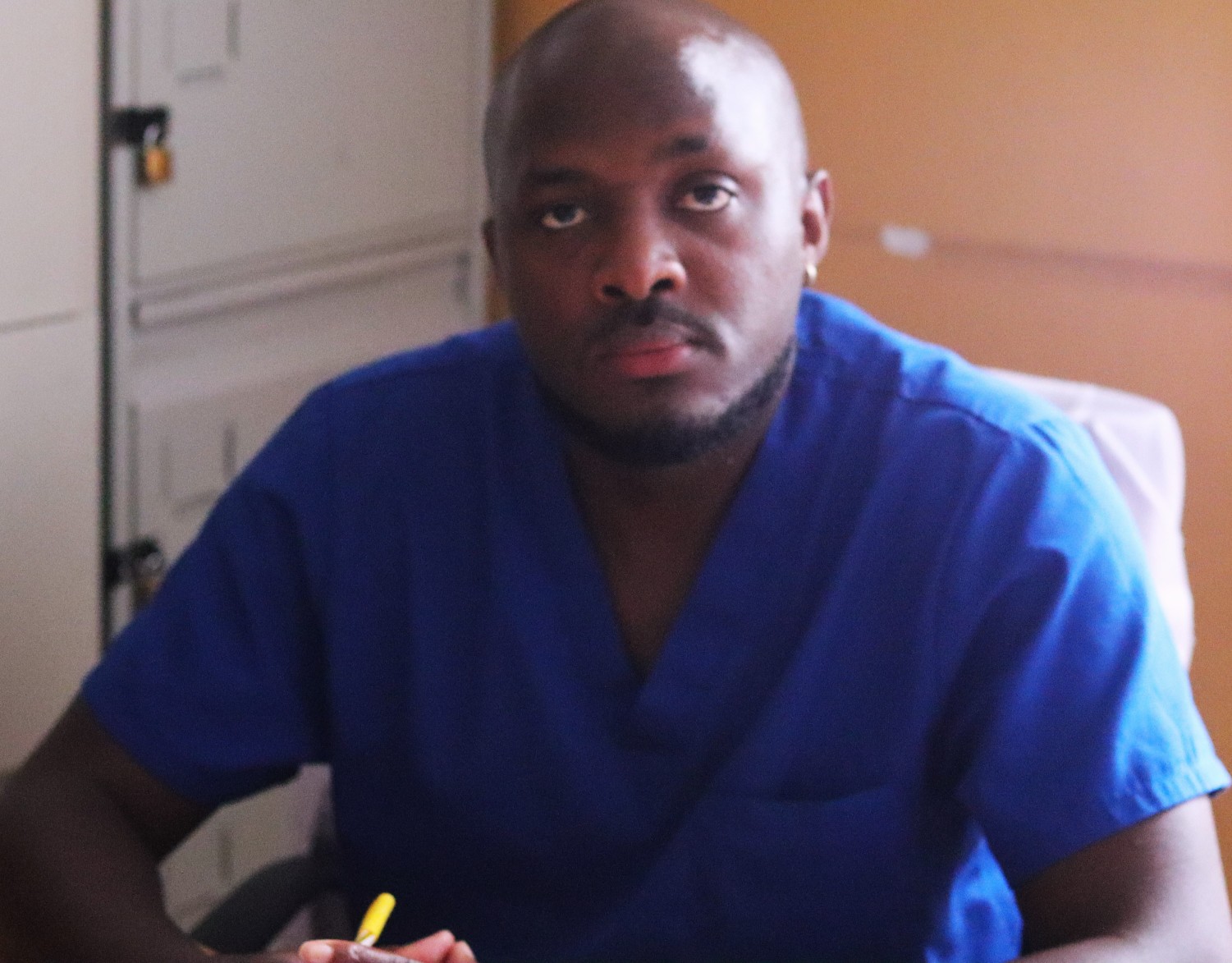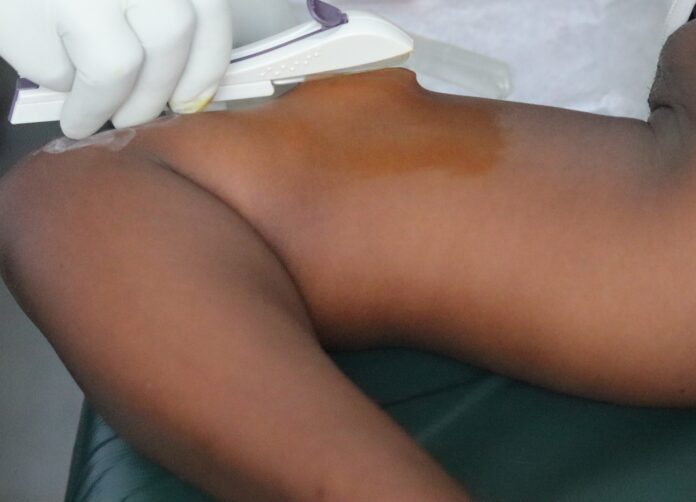By Omboki Monayo
Nairobi, Kenya: Anastacia Kavere’s July surprise wasn’t a birthday present – it was a pregnancy. A completely unexpected one, despite using contraceptive pills. “I thought I was safe,” she laughs, a little ruefully, “Turns out, I wasn’t.” This unexpected addition to her family of five prompted a serious rethink, leading her to Embakasi Health Centre and a five-year plan – a Jadelle implant, to be precise.
Anastacia’s story isn’t unique. While Kenya has made significant strides in family planning in terms of expanding access to contraception and providing better family planning education, the reality on the ground remains complex. Plenty of women, especially in rural areas, still struggle to access reliable services or even information. A recent Population Reference Bureau (PRB) policy brief authored by Dr. Wambu Kungu highlighted a worrying trend: many young women are experiencing unintended pregnancies because of inconsistent contraceptive use, myths about FP safety, and partner disapproval.
The government continues to make efforts to help Kenyan parents effectively plan for their children. Numbers show a clear uptick in family planning services provided in 2023, but these gains only scratch the surface of a huge need. Statistics published in the 2024 Economic Survey indicate that 626,472 clients received the family planning (FP) injections in 2023, with another 2,216,415 revisiting the facilities. This reflects a 9,4% increase from the 572,775 who got the injection in 2022. A total of 2,261,415 clients visited health facilities for FP injection in 2023, representing 9.35% of the 2,026,175.
Kenya’s population is booming with a projected rise to 53.5 million people by 2025 likely to strain resources and constrain the government’s budget. Lowering fertility rates is key – not just for individual families, but for the nation’s overall health and economic progress. A study published in the African Journal of Primary Healthcare and Family Medicine suggests that eliminating discontinuations from side effects and method failure could increase continuation rates by 10%.
At Embakasi Health Centre, the reproductive health clinic is packed with clients waiting for services. According to Mr Victor Mbogo, a medic and reproductive health expert, the facility offers a wide range of options.

“We offer FP injections like Depo Provera, short and long-term implants like Implanon and Jadelle, and coils or intra-uterine devices (IUDs) like Mirena, which is effective for up to 10 years, pills, and condoms. The emphasis is on choice. “We talk it through with each woman,” Mr Mbogo explains, “making sure they understand their options before making a decision.” For more specialized procedures like vasectomy and sterilization or bilateral tubal ligation (BTL) which are offered during health camps featuring in-reaches and outreaches, the health center team-ups with Marie Stopes Kenya which is an important partner in Nairobi County’s provision of reproductive health services.
But the challenge isn’t just about providing options; it’s about consistent use. A significant number of women discontinue their chosen method within two years, often due to side effects or simply because it didn’t work for them. This leads to unintended pregnancies, impacting both the mother and child’s health.
Post-partum family planning is crucial. Embakasi encourages mothers to start planning as soon as possible after delivery, ideally with their partners involved. The highest uptake happens around six weeks postpartum when babies get their initial vaccines. But, as Mbogo points out, “Sometimes, women get pregnant again very quickly after delivery. We’ve had two cases this week alone.”
In the consultation room, Paul is in charge of the operation. Victor holds the baby as she lies on the bed, and Paul asks her to pull up her sleeve for the implantation process. He cleans the area target area on her arm with an antiseptic solution and injects her arm with a local anesthetic to reduce the pain of the procedure.
Once the jab is done, he then gently pierces the targeted implantation area with a special inserter known as a trocar, pushing the two thin implants just under her skin.
A short sharp pain makes her wince and shut her eyes for a moment.
“Is it excruciating?”, he asks. She shakes her head, and he places the implant, confirms it’s properly implanted by palpating it, uses some cotton wool to stop the bleeding, closes the incision with a skin closure, and bandages it.
In just seven minutes, the procedure is done.
As Anastacia leaves for her Kware home, she is confident that she will not be visiting the facility for another delivery for the next 5 years. Her story, while positive, highlights the ongoing struggle. Many Kenyan women lack the information, support, and easily accessible services needed to plan their families effectively. The path to universal access to family planning remains a long but critical one.
“I do not wish to get pregnant any time soon. I already have five children that will keep me busy for some time to come,” she says with a laugh.














